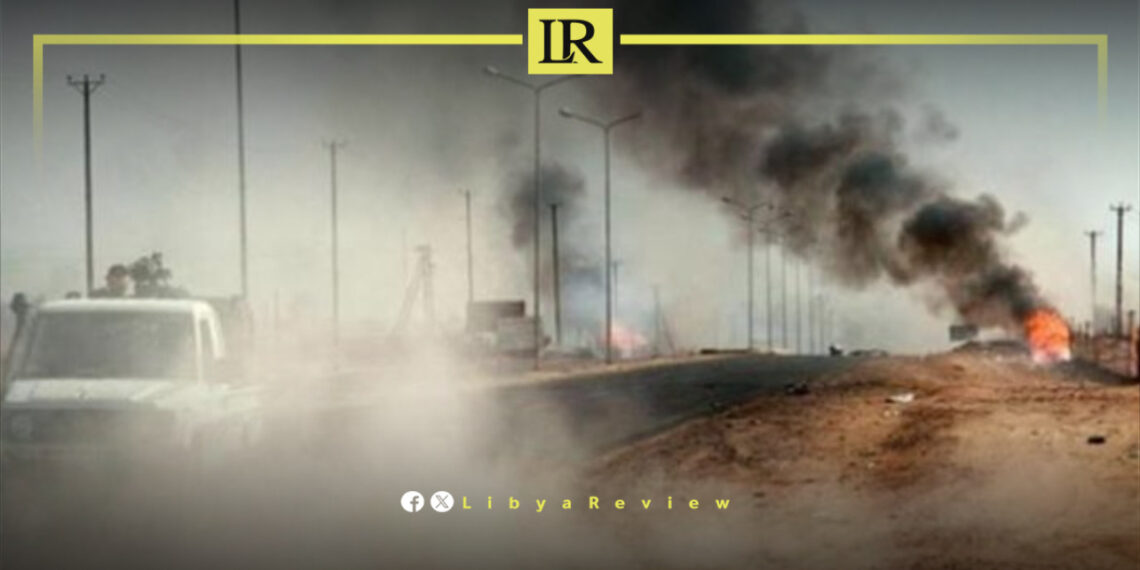Libya is once again teetering on the edge of crisis following a week marked by violent militia clashes, escalating political disputes, and rising public anger. The surge in instability underscores the country’s deep institutional fragility and the urgent need for meaningful national reconciliation.
Armed confrontations erupted in the western cities of Al-Khums and Al-Zawiya, where rival factions, including the Misrata Joint Operations Force and the Stability Support Apparatus, engaged in deadly battles that left civilians injured, property destroyed, and entire neighborhoods on edge. These clashes revived haunting memories of the lawlessness that followed Libya’s 2011 uprising.
The violence has not been confined to local skirmishes. Armed buildups near Tripoli have triggered widespread concern that the capital could again become the center of a larger armed conflict. In a dramatic statement, the “Greater Tripoli Youth Movement” rejected any military escalation in the capital, warning it would resist by force if provoked, reflecting both the anxiety and defiance simmering among civilians.
Politically, the deadlock remains as entrenched as ever. While the Presidential Council introduced a legal package aimed at creating conditions for elections, it was swiftly rejected by opposing parties who dismissed the move as illegitimate or exclusionary.
Meanwhile, the House of Representatives has proposed forming a new government focused on overseeing elections, another move that has only intensified disputes over political legitimacy and authority.
The UN Support Mission in Libya confirmed it has received the final report from its advisory committee, which includes legal and political proposals to resolve the constitutional crisis. The mission vowed to launch inclusive consultations to lay the groundwork for elections and institutional unification.
Analysts agree that Libya’s future hinges on dismantling militias, collecting weapons outside state control, and restoring sovereign authority. Without elections and real disarmament, experts warn, the cycle of chaos will persist, reinforcing militia power and undermining democratic progress.
Amid the chaos, the public is losing patience. Movements like “Libya Al-Watan” have called for protests against political stagnation and rumored foreign agendas. Widespread frustration is growing louder, demanding change before the country crosses a point of no return.


